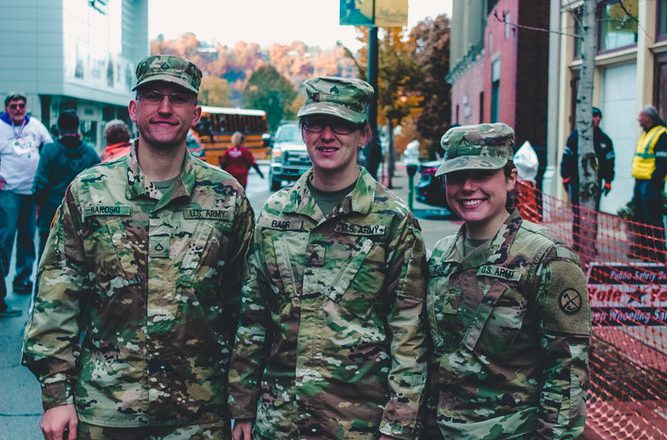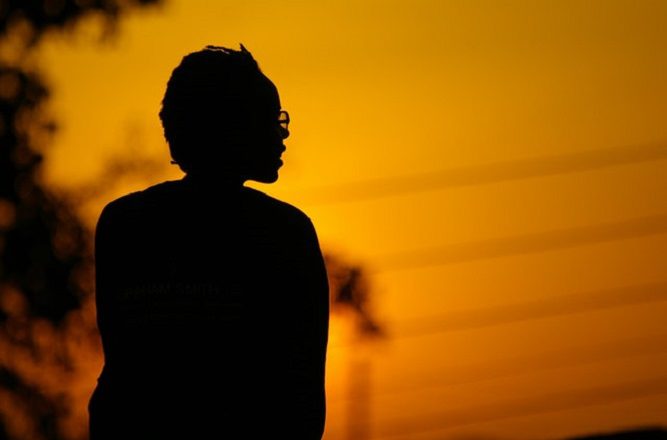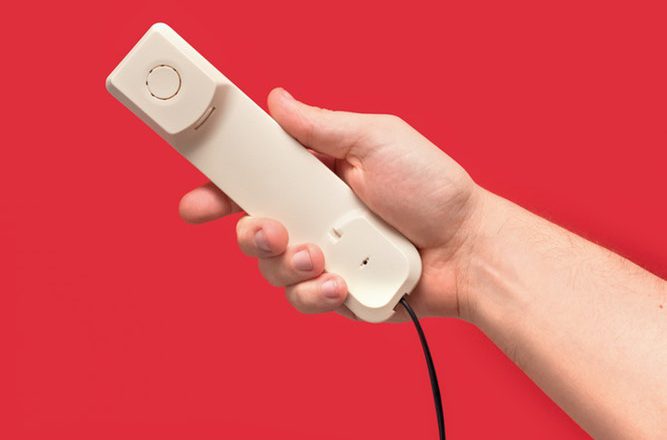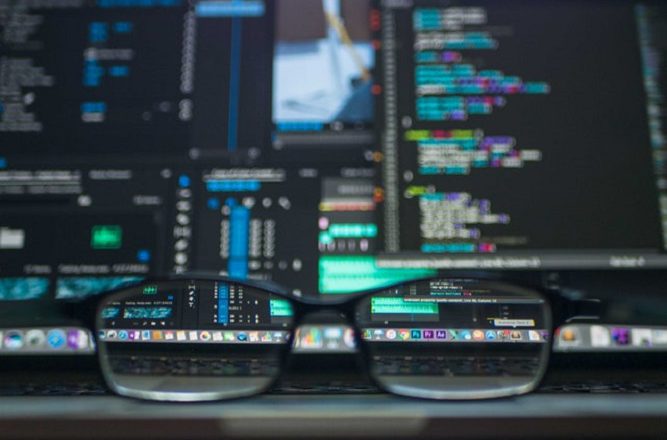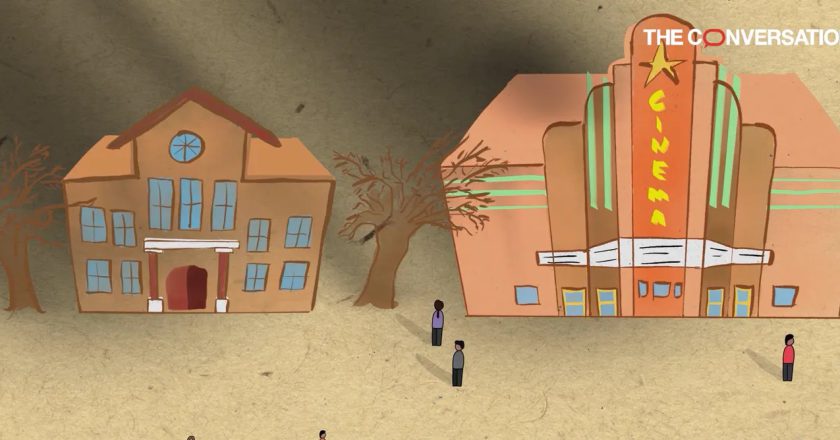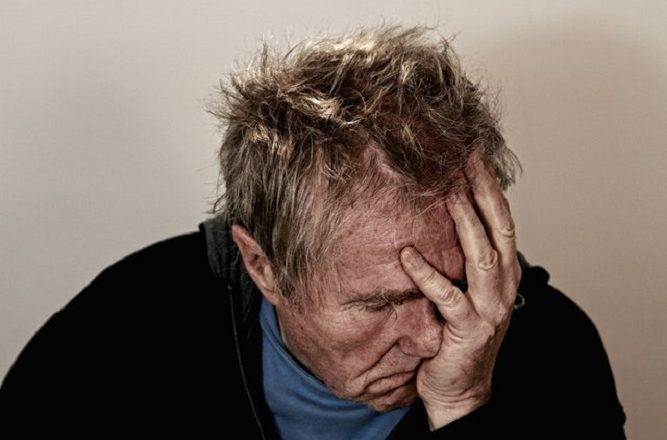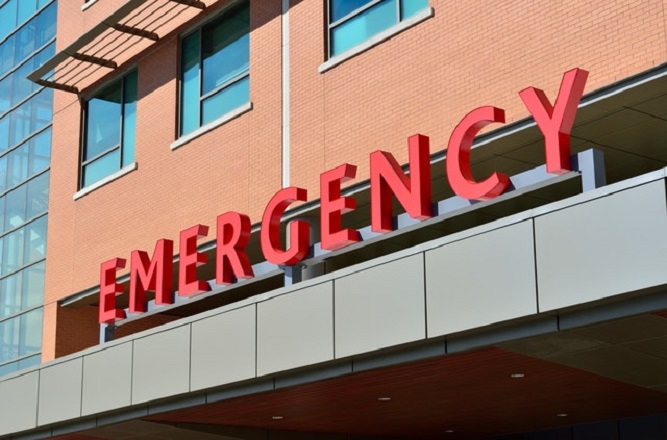What to know about telemedicine
Telehealth and telemedicine are garnering increasing attention as high-tech avenues through which to deliver care at a distance.
The American Academy of Family Physicians supports both and clarifies the two terms: “Telehealth is different from telemedicine in that it refers to a broader scope of remote health care services than telemedicine. Telemedicine refers specifically to remote clinical services, while telehealth can refer to remote non-clinical services.”
The Washington, D.C.-based Robert Graham Center reported, citing research published last March in the Journal of the American Medical Informatics Association, that Americans experiencing geographical or time constraint challenges, for example, may increasingly pursue health care access through a Wi-Fi/internet-connected device i...

